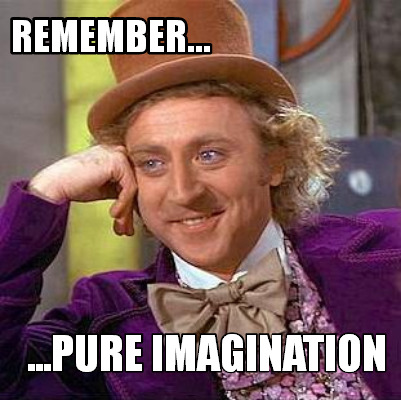I’ve practiced law for more than twenty years. I’ve been a fairly regular political observer for longer than that. Which is to say that little that Bruce Gibney details in The Nonsense Factory about how messed up the American legal system has become is new to me. But having it all lumped in one steaming pile really drives how just how bad things are. We are so fucked.
Gibney really takes a holistic approach. Entire books could (and have) been written about particular problems with courts or lawyers or Congress, but Gibney brings them all into the discussion and shows how no part of what we think of as “law” – from those who make it to those who enforce it to those who judge it – is free from serious problems. I wish he had provided more concrete examples, however. Several times he’d outline a potential problem, setting up a “for example” or “as in this case,” only to move onto the next target. Granted, it’s already a long book, but some of that detail would have been nice. Still, in adopting this drone’s-eye-view he finds some threads that run from area to area that might not be obvious when viewing each in isolation.
For instance, there’s a lot of “American exceptionalism” (a phrase, according to Gibney, coined by Stalin, of all people) in our law and that’s not good. It would be one thing if the quirks of the American legal system were producing better, more just results, but for the most part they don’t. As one example, Gibney points out that judges in most other Western democracies are professionals who are trained to be judges, not lawyers (perhaps not even that) with the political skill to win elections or be picked by an executive to fill a spot on the bench for ideological reasons. As a result there’s a pretty steep learning curve for new judges. We could learn from the rest of the world’s experience, but that’s generally not how we roll.
Another example that crops up throughout the book is that although the American legal/political system isn’t designed to do particular things, that doesn’t stop it from trying to do them. The result is that we often end up with patchwork procedures held together by mental duct tape and without any great grounding in larger political or legal principles (one of Gibney’s observations is that legal education in this country provides precious little exposure to ideas about legal philosophy that could inform the system). Arguably the entire federal regulatory apparatus – something the Constitution is silent about – falls into this category. The more salient one these days, however, is the way we go to war, which is largely a Presidential decision rather than a Congressional one. Gibney wants Congress to step up and reassert its own authority, but overlooks the political calculus of the thing – actually voting for or against an overseas adventure is a big political risk, while staying out of the decision and riding the result however it goes isn’t.
For as good a job as Gibney does at diagnosing problems, he doesn’t provide very much in the way of concrete proposals for change. There’s an underlying vibe of “blow it all up and start again,” but he doesn’t actually say that needs or is going to happen. And while he does offer some specifics as he addresses some issues – close a bunch of law schools, allow non-lawyers to invest in law firms, etc. – he doesn’t really tackle bigger issues. For example, he recognizes the need to have more jury trials and more well informed juries, but doesn’t suggest changing the law to produce that result. Rather than suggest the law inform jurors of the potential sentences faced by defendants, for example, he suggests it’s sufficient that jurors be engaged and interested enough to Google the information themselves and engage in jury nullification.
In the end, Gibney’s suggestions largely boil down to exhortations to all involved to do better. Politicians should care more about institutional prerogative than political expediency. Constituents should hold them to account. Lawyers and judges should worry more about the perception of law as just than in burrowing down into their own particular specialties at the risk of losing the big picture. That’s all well and good, but if history teaches us anything it’s that people generally don’t do what’s best, they do what’s in their self interest.
How do we deal with that in the context of a Constitution that’s two centuries old and not designed for the realities of the 21st Century? I don’t know. Unfortunately, neither does Gibney, really.






